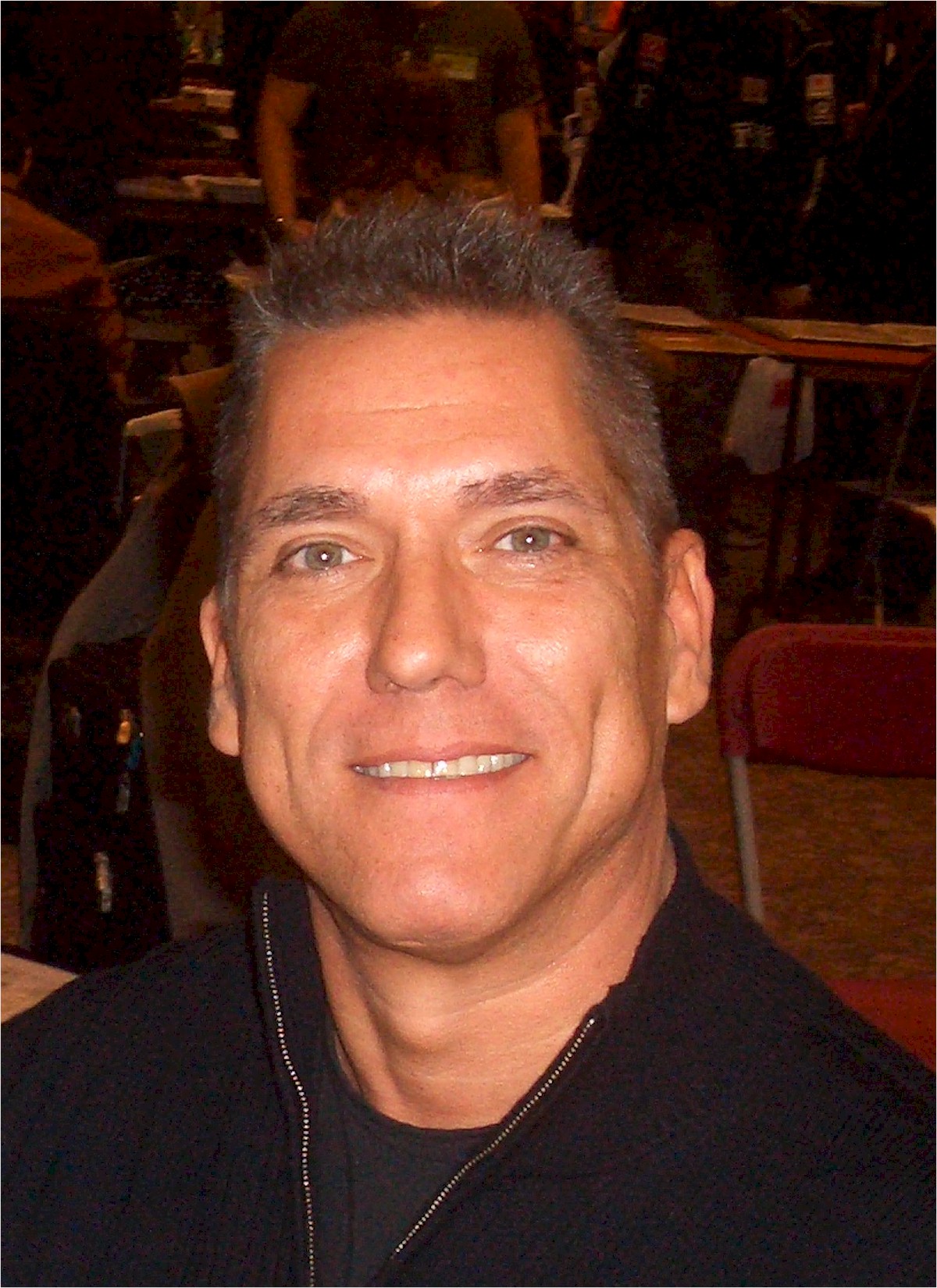Bob Layton
, b. 1970
Bob is a highly prolific and imaginative American comic artist with over 5000 comic book credits. Bob works on comics as well as television and films. He worked for many companies, including Marvel and DC Comics. He reinvented the Iron man series in the 70s. He also launched one of the first mini-series in comic history, Hercules: The Prince of Power.
Layton said in an interview that “it took a bit of pushing to have a finite series about a drunken super-hero published at Marvel... I loved the big dumb lug and I've always had a soft spot for forgotten secondary characters. Plus, I felt that Hercules hadn't found his niche' in the Marvel Universe, being relegated to supporting roles and such. Also... I felt that the Marvel books took themselves WAY too serious in those days. I wanted to lighten things up a bit. I've always enjoyed writing comedy and Herc was a perfect foil for my brand of humor” (Cited from online interview, accessed: June 27, 2018).
Sources:
Official website (accessed: June 27, 2018).
Profile on Comic Vine (accessed: June 27, 2018).
Online interview (accessed: June 27, 2018).
Bio prepared by Ayelet Peer, Bar-Ilan University, ayelet.peer@gmail.com
Questionnaire
1. What drew you to writing/working with Classical Antiquity and what challenges did you face in selecting, representing, or adapting particular myths or stories?
Character... character... and character! The elements that make a good story are the conflicts that create change in the characters. A good character is always a work in progress, constantly adapting to challenges that life throws at him while trying to control the inner demons that sometimes push him down unexpected roads.
2. Why do you think classical / ancient myths, history, and literature continue to resonate with young audiences?
The positive aspect is that the film industry is keeping the super-hero genre alive and demonstrating that there is definitely an audience for this particular form of entertainment. I believe that these Hollywood producers, seeking to recapture the “sense of wonder” they experienced as youngsters, have now become a new creative extension for the medium of comics – taking their favorite icons back to their more accessible roots.
The truth is that many of the comic-based movies are what the comics themselves used to be, back when they were accessible on newsstands to a mass market.
And in a time where our belief in our time-honored institutions and public figures are being challenged, the genre offers hope that some of our ideals are being kept alive through these fictional heroes.
3. Do you have a background in classical education (Latin or Greek at school or classes at the University?) What sources are you using? Scholarly work? Wikipedia? Are there any books that made an impact on you in this respect?
I learned to read from comics when I was only four years old, after my older sister Sue became bored with reading the same comic to me about fifty times. As I matured, I began to comprehend the true potential that the medium had and became obsessed with becoming part of it. My early days were filled with the literary tales from Edgar Rice Burroughs and Arthur C. Clarke. Having grown up dirt poor, college wasn’t in my future. Fortunately, I was able to educate myself through the local public library and eventually was awarded an apprenticeship with a famous DC Comics artist. I worked for him until I was competent to get work on my own merit.
Prepared by Ayelet Peer, Bar-Ilan University, ayelet.peer@gmail.com
Records in database:



